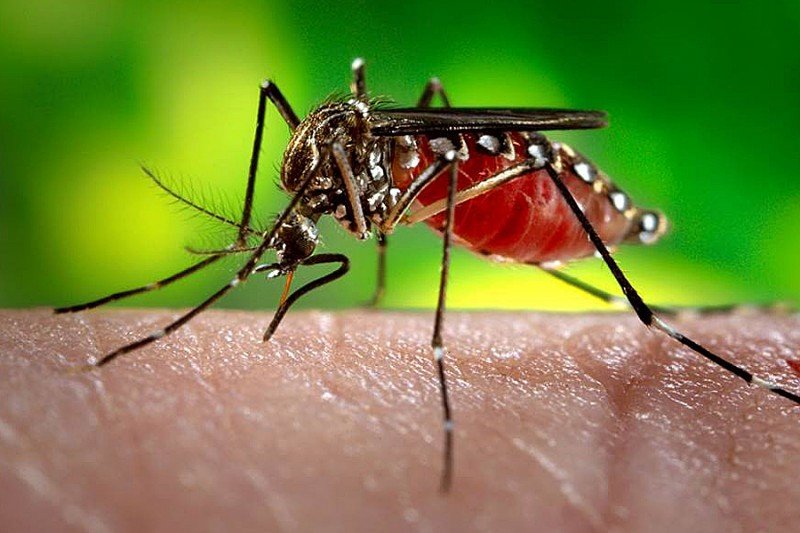An expert in vector-borne pathogens from the U.S. Centers for Disease Control and Prevention (CDC) shared new evidence that human infections with a dangerous mosquito-borne disease called Cache Valley virus may be more common in the United States and Mexico than previously thought. The disease, discovered decades ago, mainly has been seen as a threat to livestock, with only seven cases ever documented in humans — all in the U.S., two fatal and two causing severe neurological problems.
The findings were presented recently in Chicago at the annual meeting of the American Society of Tropical Medicine and Hygiene.
CDC scientists recently developed a new test for detecting a category of antibodies known as IgM antibodies, which are present during infection with the virus and shortly thereafter. It offers a simpler alternative to other diagnostic methods, which require working with the live virus in highly secure facilities and do not indicate timing of the infection.
CDC microbiologist Amanda Calvert discussed results from antibody tests in 27 patients from Mexico and nine patients from the U.S. who were suffering from a serious illness with no apparent cause. The tests found 16 patients — 10 from Mexico and six from the U.S. — had evidence of potential exposure to Cache Valley virus and indications that Cache Valley virus may have been the cause of illness in at least six of them. The hope is the new test will allow broader surveillance to determine whether these results are an indication of a growing threat. A key concern is that in addition to the risk of serious illness, in sheep, Cache Valley virus is known to cause birth defects and stillbirths, but its ability to cause human birth defects is unknown.








